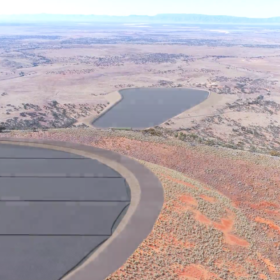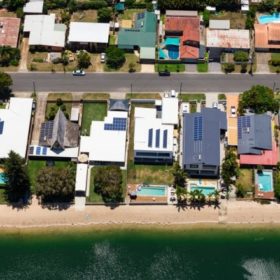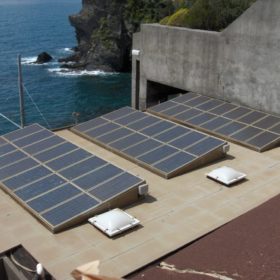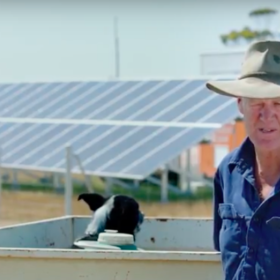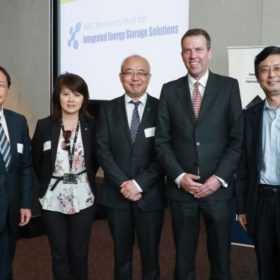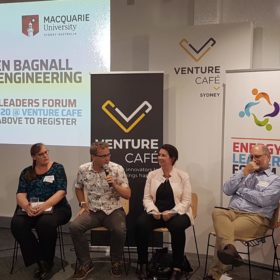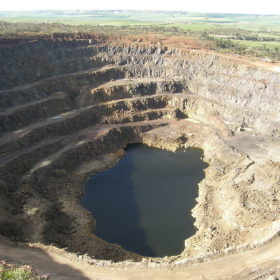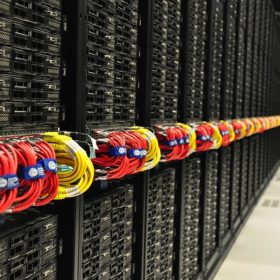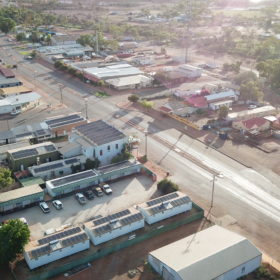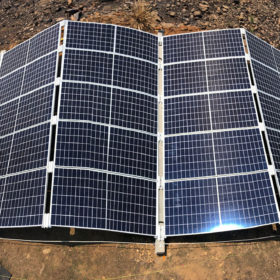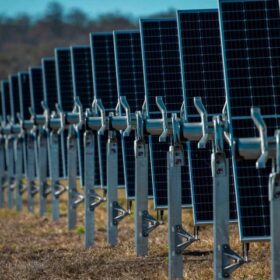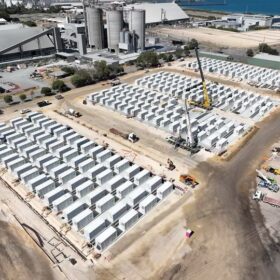The kids of Goat Hill: Altura proposes 1GW of east-coast pumped hydro projects
You’ll recall that in 2019, an Australian National University Study identified 22,000 potential pumped-hydro energy storage sites across Australia. Altura Group, is proposing development of three east-coast sites that are also close to strong transmission connections, abundant renewable resources and load centres.
NSW Government’s Empowering Homes program set in motion
The Berejiklian government has launched a pilot program that will allow eligible Hunter residents to access interest-free loans for battery and solar-battery systems.
Why go solar? We can think of at least 333 reasons
Australian researchers have compiled data from 173 studies which examined homeowner behavior when buying rooftop PV and identified 333 predictors related to the attitude, knowledge, tendency, awareness, willingness and intent of householders.
Western Power launches Round 2 of stand-alone power system rollout
The Western Australian government-owned utility is continuing the rollout of its landmark off-grid program for regional properties looking to reduce or entirely remove the need for new poles and wires.
Energy storage research hub launched at UNSW
The ARC Research Hub for Integrated Energy Storage Solutions has a broad research mandate as it looks for innovative energy storage solutions for the energy transition, but some of the nation’s finest minds are now working on them together.
Blockchain, butchers’ paper and US$100 trillion: Energy Leaders Forum revs up net-zero by 2050
The debate now stewing in the Australian Parliament around the viability and cost of setting a target of net-zero emissions by 2050 is again proving a case of too little vision applied too late. A new forum casts all participants as “leaders” and as it seeks to accelerate emissions reduction opportunities today.
AGL, Hillgrove Resources scrap 250 MW pumped hydro plans
Australia’s biggest power producer AGL and copper miner Hillgrove Resources have agreed to abandon the ambitious pumped hydro project at an old mine pit in South Australia. No longer bound by the project restriction, the owner intends to step up mining and drilling activities at the site.
Queensland supercomputer to test seamless integration of renewables on and off the grid
A world-class research and development hub planned for Cairns will be home to a supercomputer that will be used to simulate and model intricate networks in order to enable renewable energy and energy storage to form a greater part of microgrids and isolated systems for remote communities.
Golden solar flowing from the taps of iconic Meekatharra pub
The Meekatharra Solar Consortium is a spirited community initiative in the West Australian Outback town of Meekathurra. The Consortium has installed solar PV across two turn-of-the-century buildings and intends to share the solar power with the community.
Mike Cannon-Brookes, 5B Solar and Tesla to bring power to bushfire communities
A new venture funded by the Cannon-Brookes family is looking to install stand-alone solar and battery systems at up to 100 sites around Australia affected by recent bushfires and floods.
